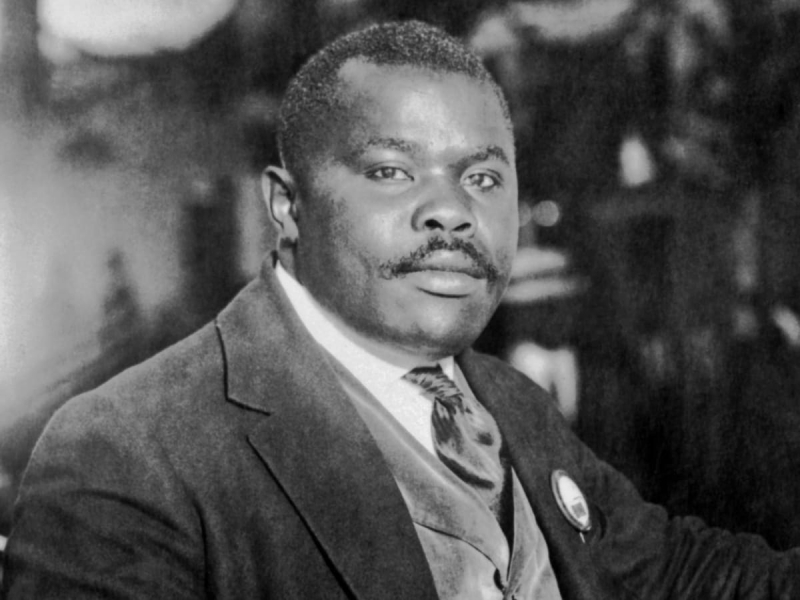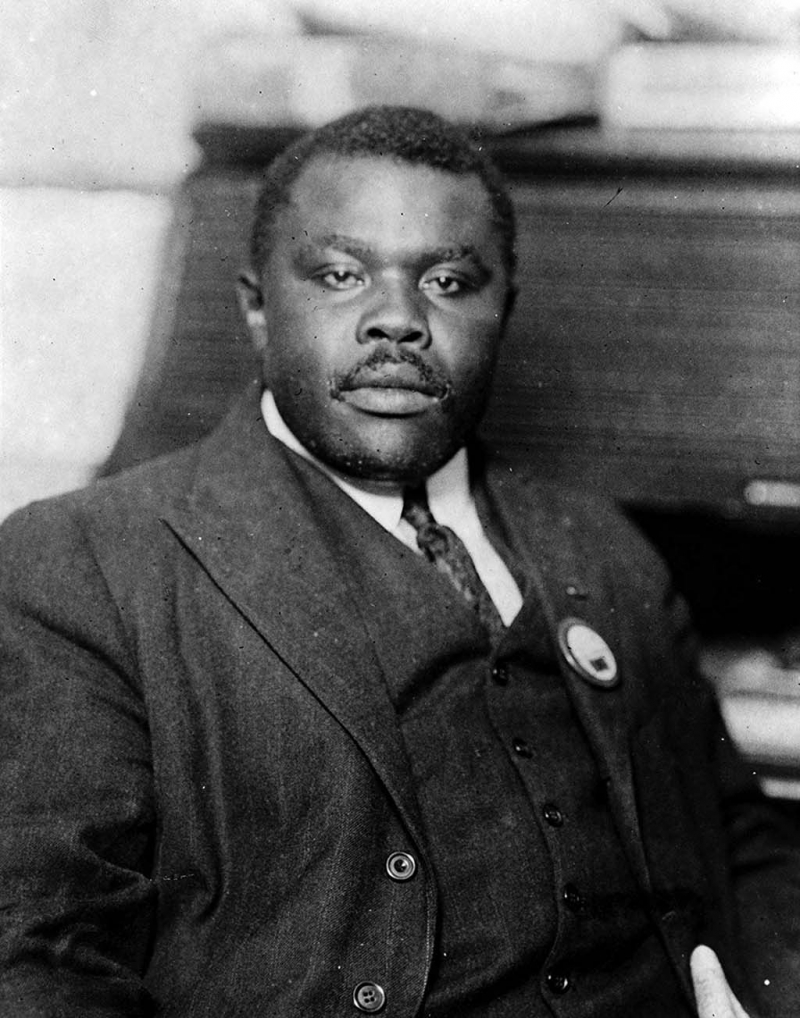Garvey is regarded as a national hero in Jamaica
Garvey was a controversial figure. Some African diasporans saw him as a pretentious demagogue, and they were outraged by his association with white racists, aggressive rhetoric, and bigotry against mixed-race persons and Jews. Despite this, he was praised for instilling dignity and self-worth in Africans and the African diaspora in the face of pervasive poverty, prejudice, and colonialism. He is largely regarded as a national hero in Jamaica. His beliefs had a significant impact on movements such as Rastafari, the Nation of Islam, and the Black Power Movement.
One of the interesting facts about Marcus Garvey is that Garvey is regarded as a national hero in Jamaica. Jamaica's government bestowed the Order of the National Hero on him posthumously in 1969. Molefi Kete Asante, an African-American studies academic, put Garvey in his 2002 list of the 100 Greatest African Americans, while Ta-Nehisi Coates, an American writer, hailed Garvey as the "patron saint" of the black nationalist movement in 2008. Grant considered Garvey, along with Du Bois, to be the "Father of Pan-Africanism", while the Nigerian historian B. Steiner Ifekwe referred to Garvey as "one of the greatest Pan-African leaders of the time". People who feel Garvey was a "race patriot" have praised him, and many African Americans believe he pushed black people to develop a sense of self-respect and dignity. While in the United States, Garvey was commonly referred to as the "Negro Moses", meaning that, like the eponymous Old Testament figure, he would lead his people out of their oppressive living conditions.







